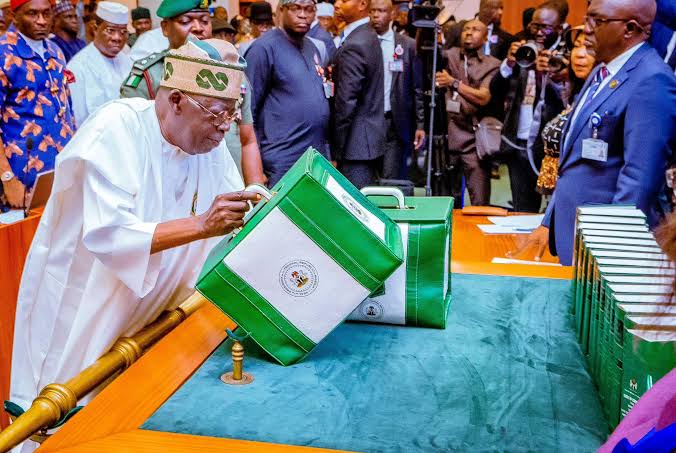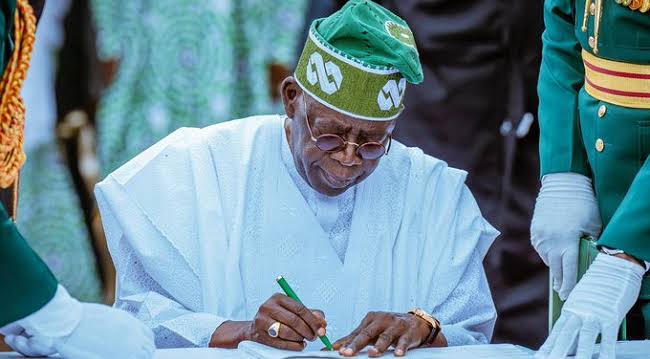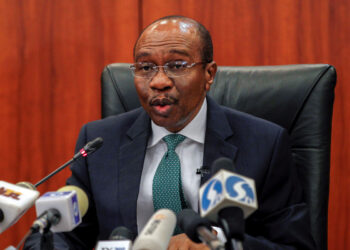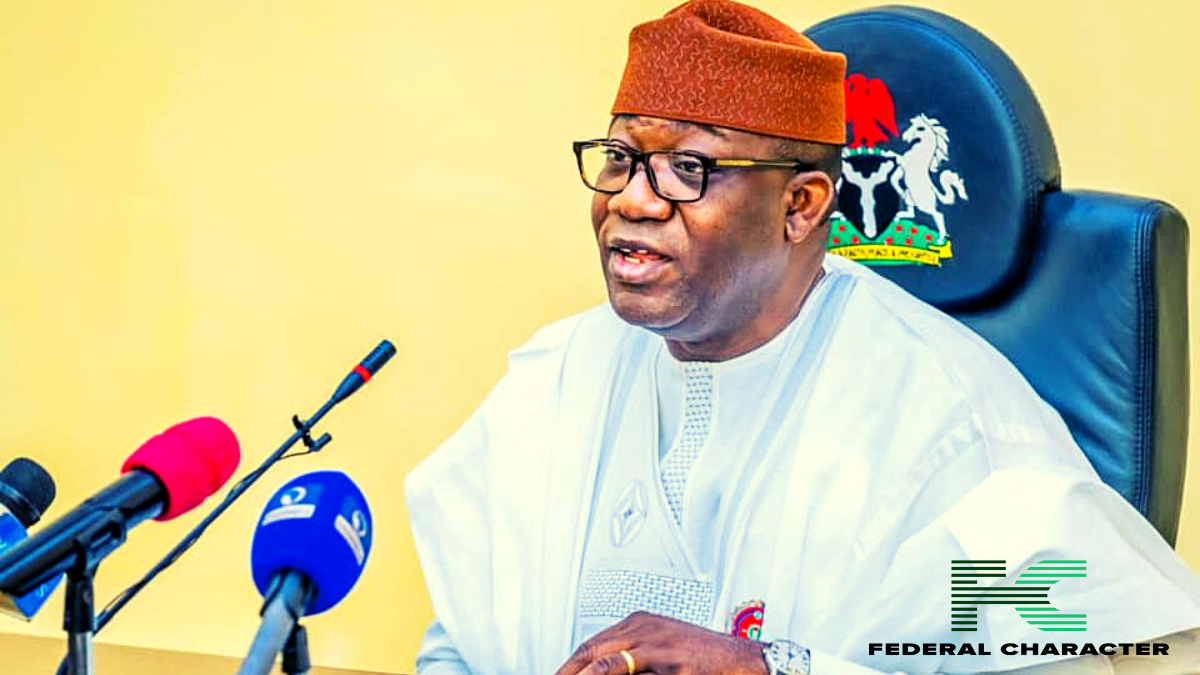President Bola Tinubu has requested the National Assembly’s approval for a fresh external loan of N1.767 trillion to part-finance the N9.7 trillion deficit in the 2024 budget. The president’s request, read during Tuesday’s plenary, also included the 2025-2027 Medium-Term Expenditure Framework and Fiscal Strategy Paper (MTEF/FSP) and a bill to amend the National Social Investment Programme to prioritize the social register for welfare programs.
Rising Cost of Debt Servicing
The Central Bank of Nigeria (CBN) reported that the Federal Government spent $3.58 billion servicing foreign debt in the first nine months of 2024, a 39.77% increase compared to $2.56 billion during the same period in 2023.

Key trends include:
- May 2024: Highest monthly debt servicing of $854.37 million, a 286.52% increase from May 2023.
- January 2024: A 398.89% surge in debt servicing compared to January 2023.
- – Total public debt increased due to naira devaluation, rising from N4.15 trillion to N7.2 trillion within six months.
Sub-National Debt Dynamics
The debt burden for states and the Federal Capital Territory (FCT) decreased in percentage share of national debt but rose in nominal terms. While domestic debt fell from N5.86 trillion to N4.27 trillion, foreign debt grew by 4.1%, exacerbated by naira devaluation.
- – Lagos State: Largest foreign debt holder, accounting for 26.9% of the total ($1.24 billion).
- – States’ reliance on federally distributed revenue increased, with 32 states deriving over 55% of their revenue from the Federation Account Allocation Committee (FAAC).
Fiscal Sustainability Challenges
BudgIT’s 2024 State of States report highlighted the vulnerabilities of state governments:
- 14 states relied on FAAC for over 70% of total revenue.
- 34 states depended on federal transfers for at least 62% of recurrent revenue.
Despite an increase in states’ combined revenue to N8.66 trillion in 2023 (up 31.2% from N6.6 trillion in 2022), the over-reliance on oil-driven federal allocations underscores fiscal risks.
Bottom Line
President Tinubu’s loan request and Nigeria’s rising debt servicing costs reflect the country’s fiscal struggles amid growing reliance on borrowing. While increased revenue at the state level signals potential improvement, dependence on federal allocations leaves states and the national economy vulnerable to external shocks like oil price fluctuations and currency devaluation.

















